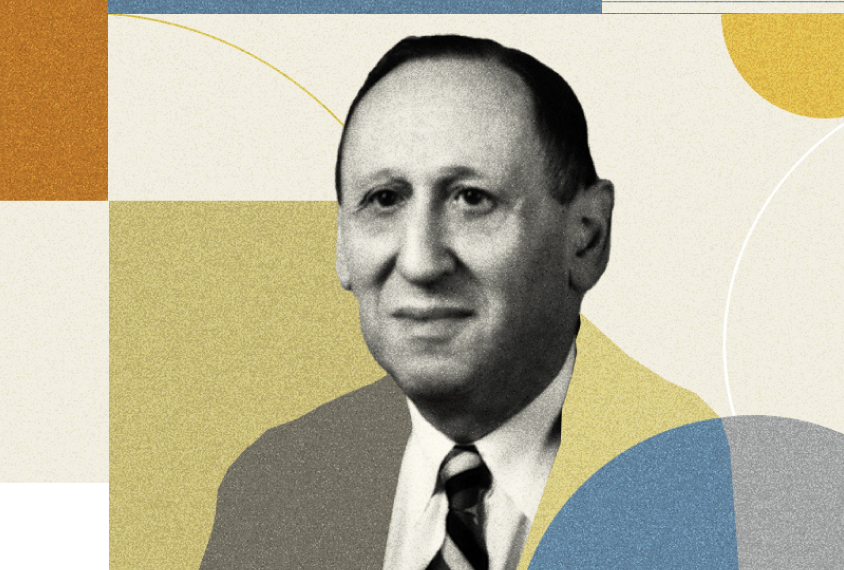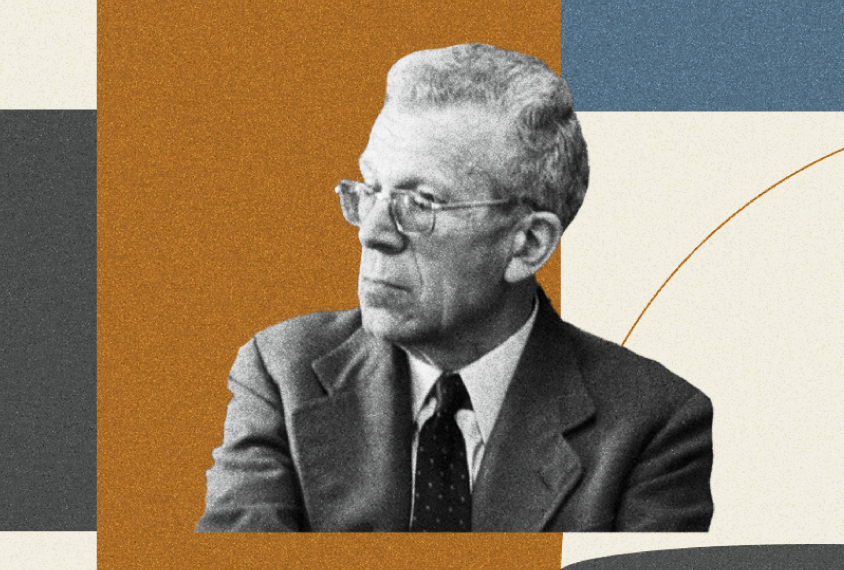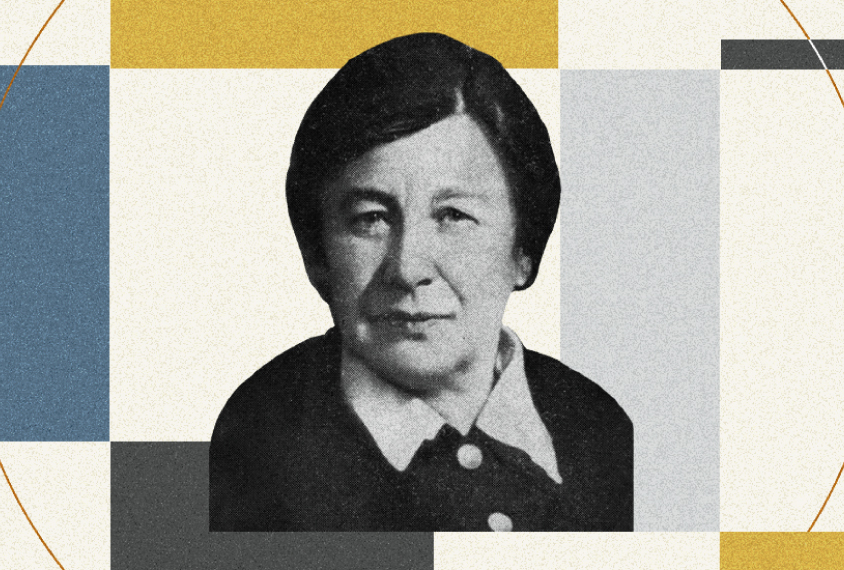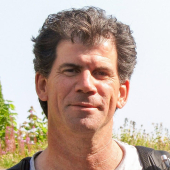
David Dobbs
Contributing writer
The Transmitter
From this contributor
The new history of autism, part III
For decades, two figures have dominated the history of autism studies. Today, newly excavated documents are calling into question the primacy of these men as founders of the field.
The new history of autism, part II
For decades, two figures have dominated the history of autism studies. Today, newly excavated documents are calling into question the primacy of these men as founders of the field.
The new history of autism, part I
For decades, two figures have dominated the history of autism studies. Today, newly excavated documents are calling into question the primacy of these men as founders of the field.
Rethinking regression in autism
The loss of abilities that besets some toddlers with autism is probably less sudden and more common than anyone thought.
The most terrifying childhood condition you’ve never heard of
Childhood disintegrative disorder, a rare and severe condition, rapidly melts away a child's abilities. A new theory proposes that this little-known condition turns back the developmental clock.
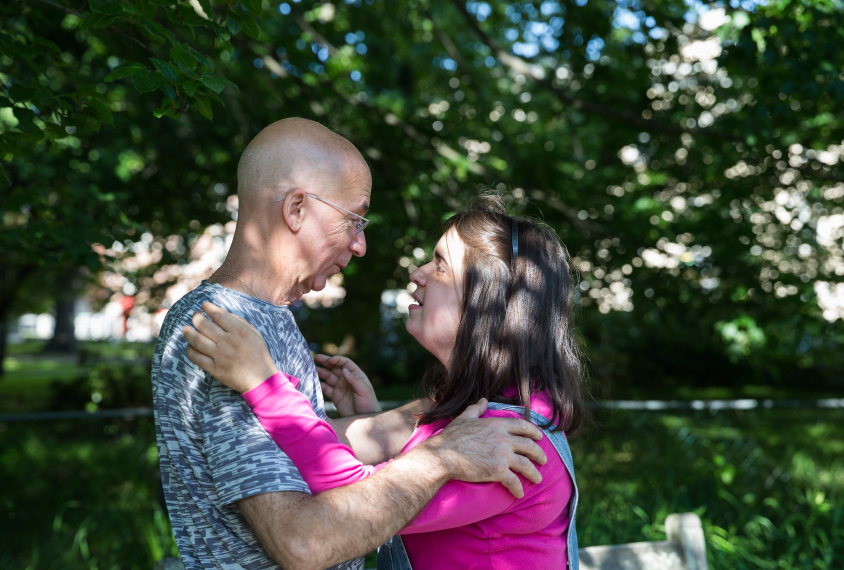
The most terrifying childhood condition you’ve never heard of
Explore more from The Transmitter
Exclusive: Recruitment issues jeopardize ambitious plan for human brain atlas
A lack of six new brain donors may stop the project from meeting its goal to pair molecular and cellular data with the functional organization of the cortex.
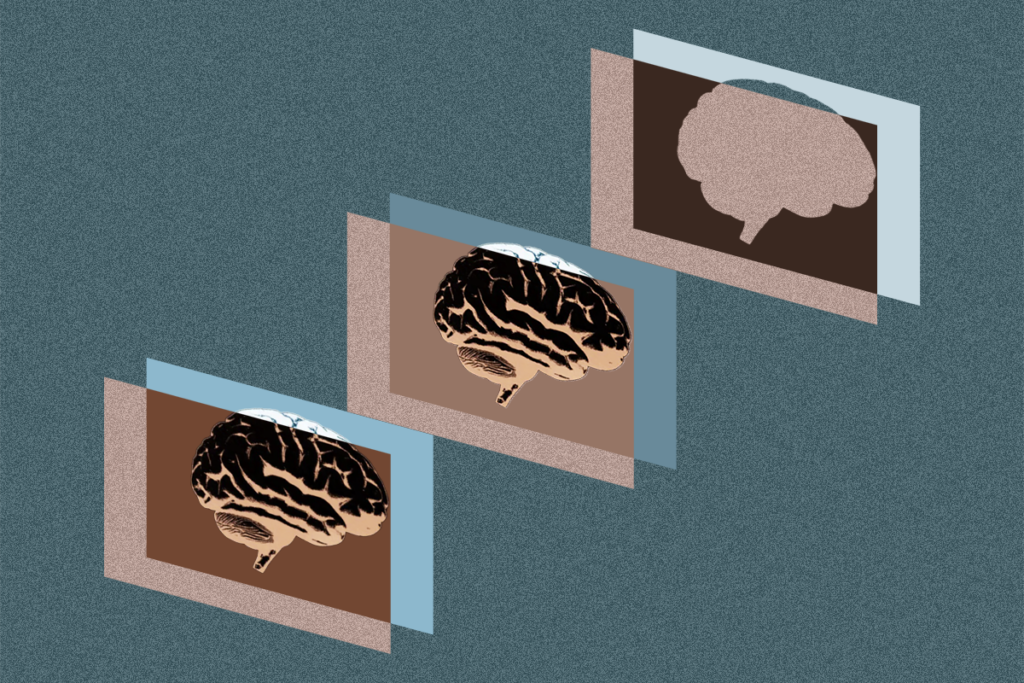
Exclusive: Recruitment issues jeopardize ambitious plan for human brain atlas
A lack of six new brain donors may stop the project from meeting its goal to pair molecular and cellular data with the functional organization of the cortex.
How pragmatism and passion drive Fred Volkmar—even after retirement
Whether looking back at his career highlights or forward to his latest projects, the psychiatrist is committed to supporting autistic people at every age.
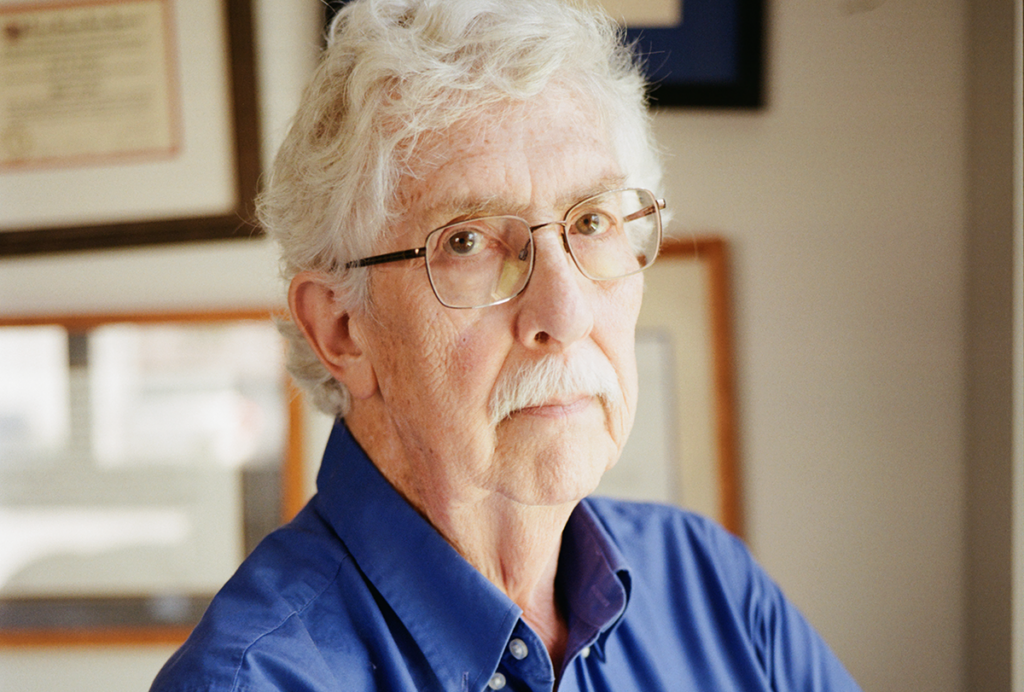
How pragmatism and passion drive Fred Volkmar—even after retirement
Whether looking back at his career highlights or forward to his latest projects, the psychiatrist is committed to supporting autistic people at every age.
The brain’s quiet conductor: How hidden cells fine-tune arousal
New research published today suggests that the pericoeruleus acts as a kind of micromanager of arousal, selectively inhibiting different subgroups of locus coeruleus neurons depending on the behavioral context.
The brain’s quiet conductor: How hidden cells fine-tune arousal
New research published today suggests that the pericoeruleus acts as a kind of micromanager of arousal, selectively inhibiting different subgroups of locus coeruleus neurons depending on the behavioral context.
